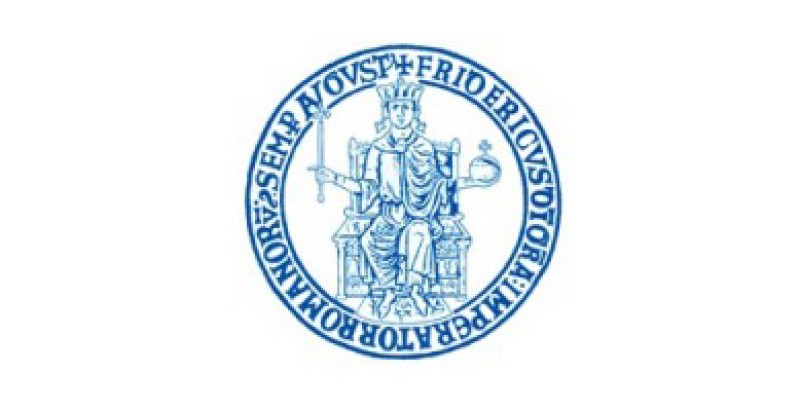Sub-theme 05: (SWG) Multi-level Network Research: The Interplay between Micro-level and Macro-level Networks
Call for Papers
Organizational network research traditionally focuses on networks at the level of individuals, organizational subunits,
or the overall organization. Yet, the majority of studies in this area take into account networks at one of these levels only
(Zaheer et al., 2010). Despite recent calls in the literature (Moliterno & Mahony, 2011; Payne et al., 2011; Phelps et
al., 2012) multi-level network studies considering the manifold interdependencies that exist between the levels are still
rare. Some scholars have started to investigate the relationship between micro-level and macro-level networks in the context
of organizations (Barden & Mitchell, 2007; Berends et al., 2011; Lazega et al., 2008); yet many multi-level network questions
remain unanswered.
To advance our knowledge of the complex cross-level processes leading to the emergence of
ties as well as influencing outcomes at different levels, we seek to bring together scholars across the micro-macro spectrum
investigating networks, their antecedents, and consequences at multiple levels. We encourage submissions with disciplinary
roots in a wide variety of organizational theories, for instance organization science, institutional economics, structural
sociology, public administration, economic geography, health care as macro-level theories and social psychology, social cognition,
moral psychology, and organizational behavior as meso- and micro-level theories. In addition, the multi-level network framework
speaks to scholars who are interested in for-profit, non-profit and public organizations as well as interaction between organizations
from all sectors.
Submissions can refer – but are not limited – to the following areas:
- Research that sheds more light on the influence of opportunities (e.g., information, knowledge, more generally resources) and constraints (e.g., past ties and uncertainty) at one network level on reproduction and change at another network level;
- Research that focuses on multi-level networks dynamics, for instance investigating how micro- and macro-level networks change at different paces;
- Research that examines the overlap of ties at different level approaching questions of substitution versus complementarity;
- Research that analyzes and explains patterns of organizational relations and networks at different levels and use them to explain various outcomes at other levels.
We welcome contributions that tackle
these and related issues from a variety of empirical perspectives. We are also open for innovative conceptual contributions.
References
- Barden, J.Q., & Mitchell, W. (2007): "Disentangling the influences of leaders' relational embeddedness on interorganizational exchange." Academy of Management Journal, 50 (6), 1440–1461.
- Berends, H., van Burg, E., & van Raaij, E.M. (2011): "Contacts and contracts: Cross-level network dynamics in the development of an aircraft material." Organization Science, 22 (4), 940–960.
- Lazega, E., Jourda, M.-T., Mounier, L., & Stofer, R. (2008): "Catching up with big fish in the big pond? Multi-level network analysis through linked design." Social Networks, 30 (2), 159–176.
- Moliterno, T.P., & Mahony, D.M. (2011): "Network theory of organization: A multilevel approach." Journal of Management, 37 (2), 443–467.
- Payne, G.T., Moore, C.B., Griffis, S.E., & Autry, C.W. (2011): "Multilevel challenges and opportunities in social capital research." Journal of Management, 37 (2), 491–520.
- Phelps, C., Heidl, R., & Wadhwa, A. (2012): "Knowledge, networks, and knowledge networks: A review and research agenda." Journal of Management, 38 (4), 1115–1166.
- Zaheer, A., Gözübüyük, R., & Milanov, H. (2010): "It's the connections: The network perspective in interorganizational research." Academy of Management Perspectives, 24 (1), 62–77.


